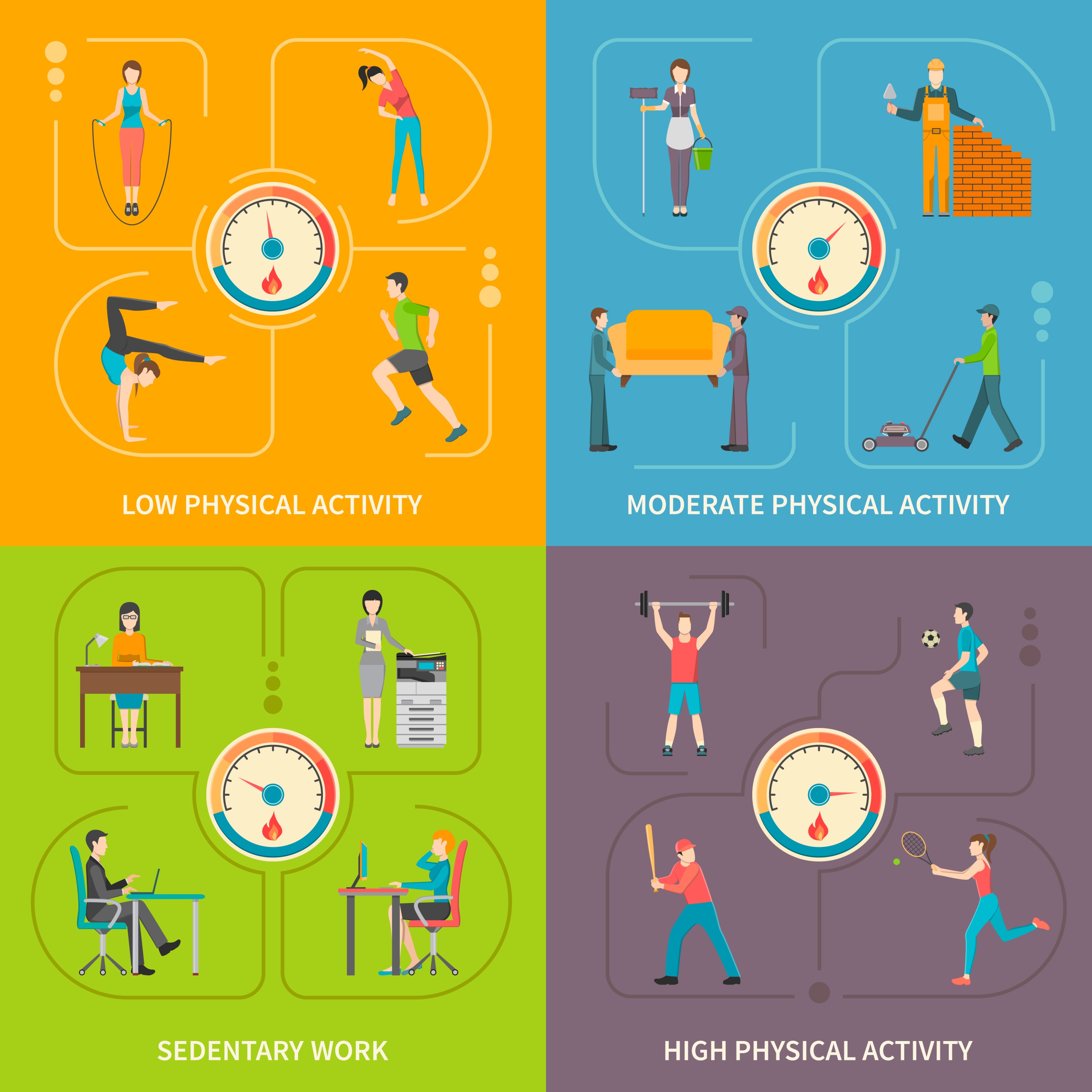
Exercise Guidelines for Individuals with Congestive Heart Failure
Introduction: Exercise is an important part of managing Congestive Heart Failure (CHF). While it may seem daunting, regular physical activity can improve heart function, increase energy levels, and enhance overall well-being. Let’s explore some simple exercise guidelines tailored for individuals with CHF.
1. Consult Your Healthcare Provider: Before starting any exercise program, consult your healthcare provider. They can assess your condition and provide personalized recommendations based on your health status and fitness level.
2. Start Slowly: Begin with low-intensity activities such as walking, swimming, or cycling. Start with short durations (5-10 minutes) and gradually increase as tolerated.
3. Monitor Your Symptoms: Pay attention to how your body responds to exercise. If you experience chest pain, dizziness, extreme fatigue, or shortness of breath, stop exercising and rest. Consult your doctor if symptoms persist.
4. Aim for Regularity: Strive for consistency in your exercise routine. Aim for at least 30 minutes of moderate-intensity exercise most days of the week. Break it up into shorter sessions if needed.
5. Incorporate Strength Training: Include strength training exercises using light weights or resistance bands to build muscle strength. Focus on major muscle groups like legs, arms, chest, back, and abdomen.
6. Stay Hydrated: Drink water before, during, and after exercise to stay hydrated. Dehydration can strain the heart, so it’s essential to maintain fluid balance.
7. Listen to Your Body: Be mindful of your body’s signals. If you feel tired or unwell, take a break. Pushing too hard can lead to injury or exacerbate CHF symptoms.
Conclusion: Exercise can be a valuable tool in managing Congestive Heart Failure when done safely and appropriately. By following these exercise guidelines and working closely with your healthcare provider, you can improve your heart health and quality of life.
To seek medical advice, always consult a Doctor. Here are our recommended experts. Click here
To read more on Heart Disease . Click Here


